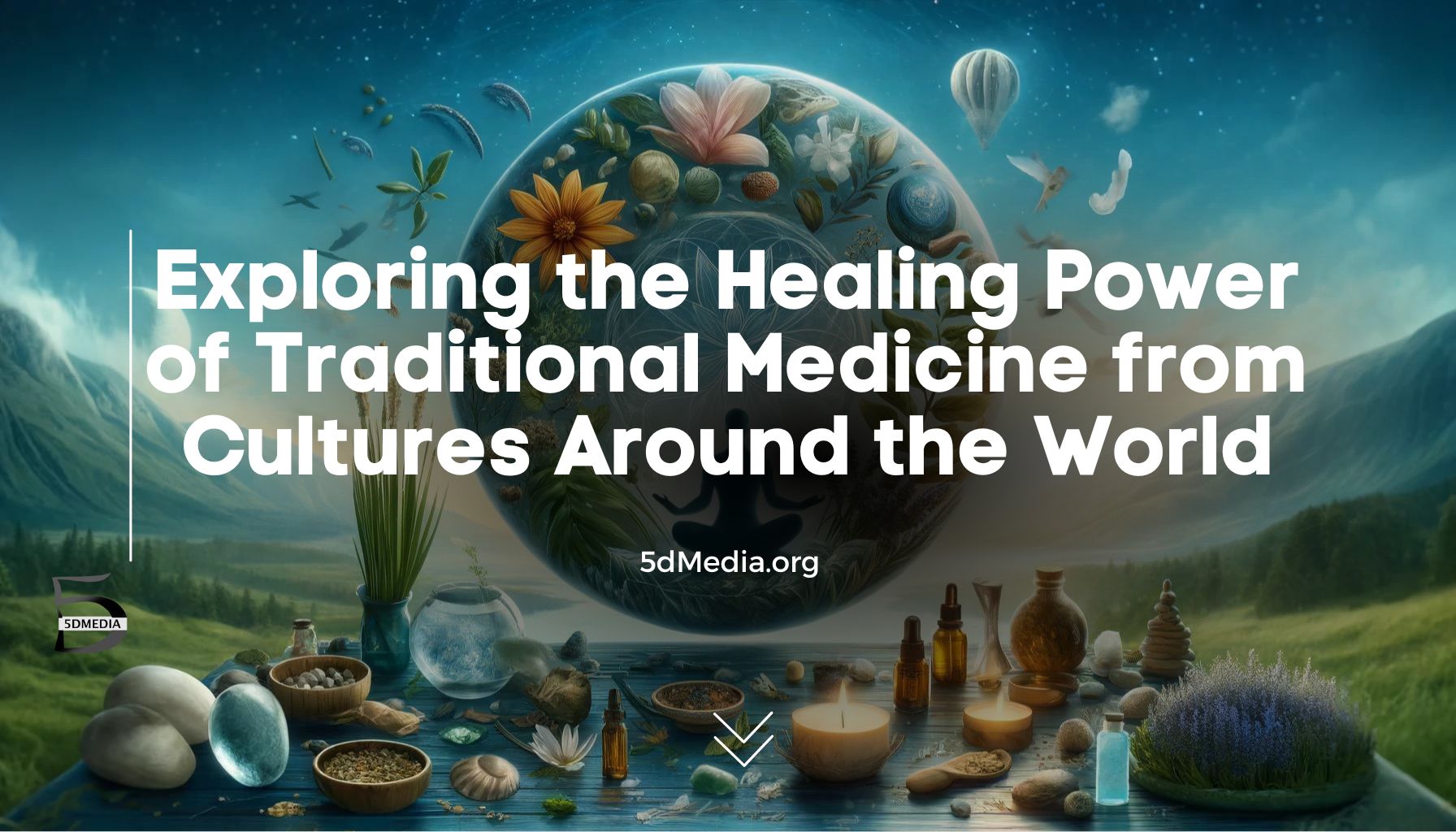In the heart of modern healthcare, there lies an ancient pulse. It beats quietly, often unheard beneath the hum of technology and the rustle of lab coats. Yet, as we observe Minority Health Month, it’s time to amplify this pulse and explore the profound wisdom it carries. This is a journey through indigenous health practices—a voyage into the healing power of traditional medicine.
The Roots of Wellness: Understanding Indigenous Health Traditions
Indigenous health practices are not mere relics of the past; they are living traditions that have been passed down through generations. These practices encompass a holistic approach to wellness that integrates mind, body, spirit, and environment—elements often segmented in Western medicine.
The Philosophy Behind Traditional Healing
Traditional medicine is rooted in the belief that health is a state of harmony with oneself and with nature. Illness, therefore, arises from an imbalance within this delicate equilibrium. Healers—shamans, herbalists, midwives—act as mediators between natural forces and human health, using their knowledge to restore balance.
A Tapestry of Practices
From the use of medicinal plants in Native American cultures to Ayurveda’s ancient system in India or Traditional Chinese Medicine’s (TCM) acupuncture and herbal remedies—each culture has developed its own unique set of practices that reflect their specific beliefs about health and disease.
Bridging Ancient Wisdom with Modern Science
The integration of traditional medicine into contemporary healthcare systems can offer a more comprehensive approach to healing—one that respects cultural diversity while addressing health disparities among minority communities.
Interviews with Traditional Healers
To understand these practices better, we’ve spoken with traditional healers who share their insights on how ancient wisdom can complement modern treatments. They emphasize the importance of listening to patients’ stories and understanding their cultural backgrounds to provide truly personalized care.
Success Stories from Minority Populations
There are countless anecdotes where traditional remedies have successfully treated ailments when conventional medicine fell short. These success stories highlight not only the efficacy but also the necessity for greater inclusion of these practices in our healthcare paradigm.
The Scientific Lens: Validating Traditional Medicine
While anecdotal evidence is powerful, scientific research plays a crucial role in validating traditional medicine for wider acceptance.
Research on Natural Remedies
Numerous studies have confirmed the therapeutic properties of plants used in indigenous healing systems. For instance:
- Willow Bark: Used by Native American tribes for pain relief contains salicin which led to the development of aspirin.
- Turmeric: A staple in Indian Ayurvedic medicine known for its anti-inflammatory properties is now widely researched for its potential benefits in cancer treatment.
- Ginger: Commonly used in various Asian cultures for gastrointestinal issues has been shown to be effective against nausea and vomiting.
- Aloe Vera: Used by many cultures around the world for skin conditions has been found to have soothing and healing properties.
- Tea Tree Oil: Originally used by Aboriginal Australians for its antiseptic qualities is now a common ingredient in skincare products globally.
Clinical Trials and Collaborations
By conducting rigorous clinical trials and fostering collaborations between traditional healers and medical researchers, we can unlock new treatments derived from age-old remedies while ensuring safety and efficacy standards are met.
Addressing Health Disparities: The Role of Traditional Medicine
Minority communities often face significant barriers to accessing quality healthcare. Traditional medicine can play a pivotal role in overcoming these challenges by providing culturally sensitive care that resonates with these populations’ values and beliefs.
Cultural Competence in Healthcare
Healthcare providers who understand and respect traditional practices can build stronger relationships with minority patients. This cultural competence leads to better patient outcomes by encouraging trust and open communication about treatment options.
Community-Based Health Initiatives
Grassroots initiatives that incorporate traditional healing can empower minority communities by acknowledging their cultural heritage while promoting health education and preventive care strategies tailored to their needs.
Beyond Minority Health Month: Sustaining Momentum
As Minority Health Month draws attention to these critical issues, it’s essential to sustain momentum throughout the year by continuing our exploration into traditional medicine’s potential benefits for all communities.
Policy Implications
Advocacy for policy changes that recognize and integrate traditional healing practices into national health systems is vital for creating inclusive healthcare environments where every individual has access to appropriate care.
Education and Training Programs
Developing educational programs for healthcare professionals on indigenous health traditions will enhance their ability to deliver culturally competent care while preserving valuable medicinal knowledge for future generations.
Embracing Holistic Healing Journeys
Our exploration reveals that indigenous health practices hold immense potential not just for minority communities but for anyone seeking a more holistic approach to wellness. As we move forward beyond Minority Health Month, let us continue honoring these traditions by integrating them into our collective journey towards optimal health—for when we listen closely enough, we hear not just a pulse but a symphony; one composed over millennia, ready to teach us how to harmonize once again with nature’s rhythms.


